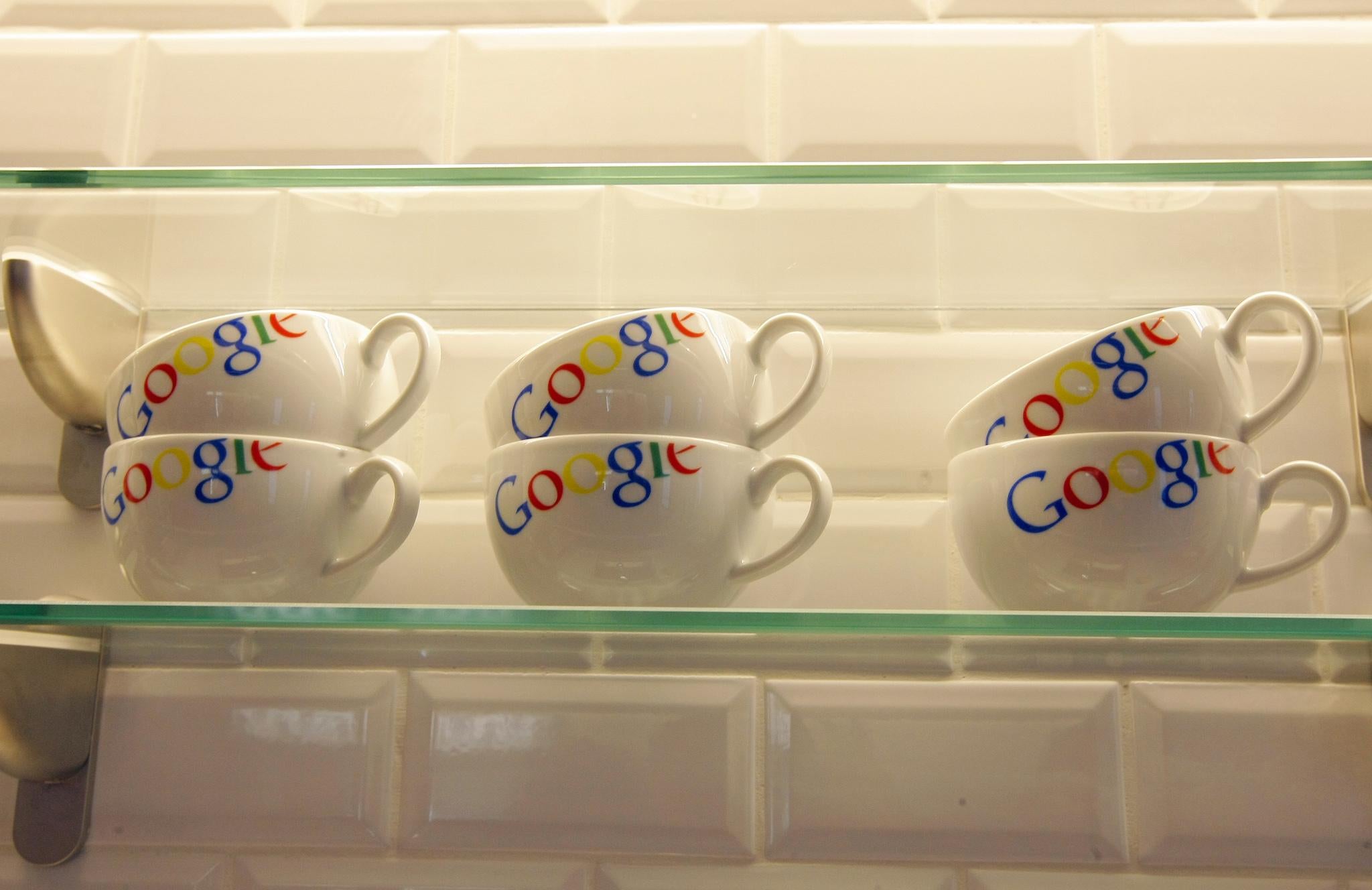Attempt to sue Google over data collected from iPhones on users fails at High Court
Campaign argued that personal information was being gathered without user's permission

Your support helps us to tell the story
From reproductive rights to climate change to Big Tech, The Independent is on the ground when the story is developing. Whether it's investigating the financials of Elon Musk's pro-Trump PAC or producing our latest documentary, 'The A Word', which shines a light on the American women fighting for reproductive rights, we know how important it is to parse out the facts from the messaging.
At such a critical moment in US history, we need reporters on the ground. Your donation allows us to keep sending journalists to speak to both sides of the story.
The Independent is trusted by Americans across the entire political spectrum. And unlike many other quality news outlets, we choose not to lock Americans out of our reporting and analysis with paywalls. We believe quality journalism should be available to everyone, paid for by those who can afford it.
Your support makes all the difference.An attempt to sue Google over claims it collected sensitive personal data from millions of iPhone users has failed at the High Court.
The claim would have seen more than four million people sue the company because of personal information that it harvested about them.
But Mr Justice Warby, sitting in London, blocked the proceedings.
The litigation was brought by campaign group Google You Owe Us, led by former Which? director Richard Lloyd.
The tech giant faced claims that it bypassed privacy settings on Apple iPhone handsets between August 2011 and February 2012 and used data to divide people into categories for advertisers.
The campaign group hoped to win at least £1 billion in compensation for an estimated 4.4 million users of the device in the UK.
At the first hearing of the case in London in May, lawyers for Mr Lloyd told the court that information collected by Google included racial or ethnic origin, physical and mental health, political affiliations or opinions, sexuality and sexual interests and social class.
They said information about an individual's financial situation, shopping habits and their geographical location were also obtained.
Hugh Tomlinson QC, representing Mr Lloyd, said information was then "aggregated" and users were put into groups such as "football lovers" or "current affairs enthusiasts".
These were then offered to subscribing advertisers to choose from when deciding who to direct their marketing to.
Mr Tomlinson said the data was gathered through "clandestine tracking and collation" of information relating to internet usage on iPhone users' Safari browser - known as the "Safari Workaround".
He told Mr Justice Warby the activity was exposed by a PhD researcher in 2012 and Google has already paid 39.5 million US dollars to settle claims in the United States.
Google argued that the type of "representative action" being brought against it by Mr Lloyd is unsuitable and should not go ahead.
Lawyers for the California-based company said there is no suggestion that the Safari Workaround resulted in any information being disclosed to third parties.
They also said it is not possible to identify those who may have been affected and the claim has no prospect of success.
Additional reporting by agencies
Join our commenting forum
Join thought-provoking conversations, follow other Independent readers and see their replies
Comments